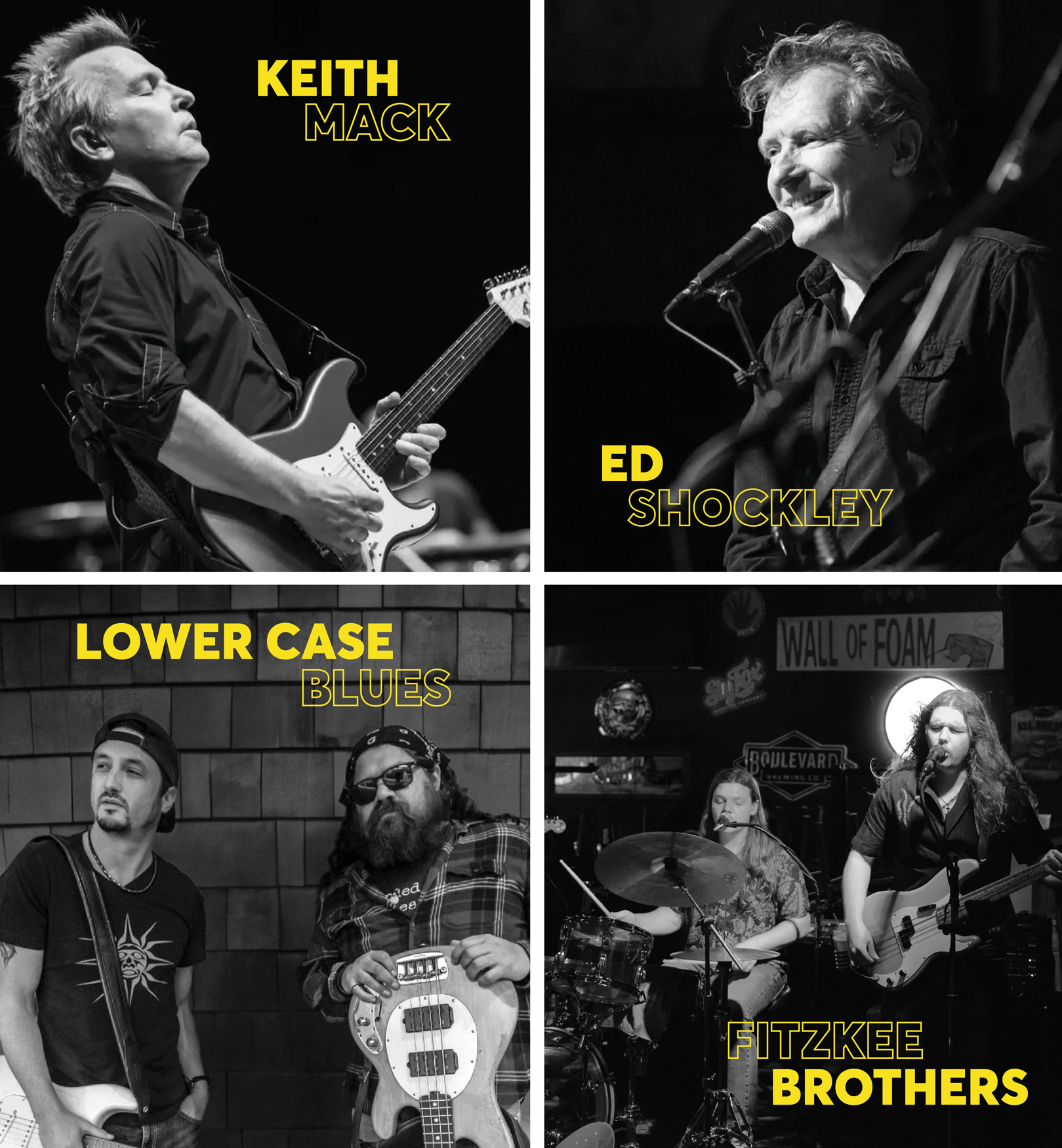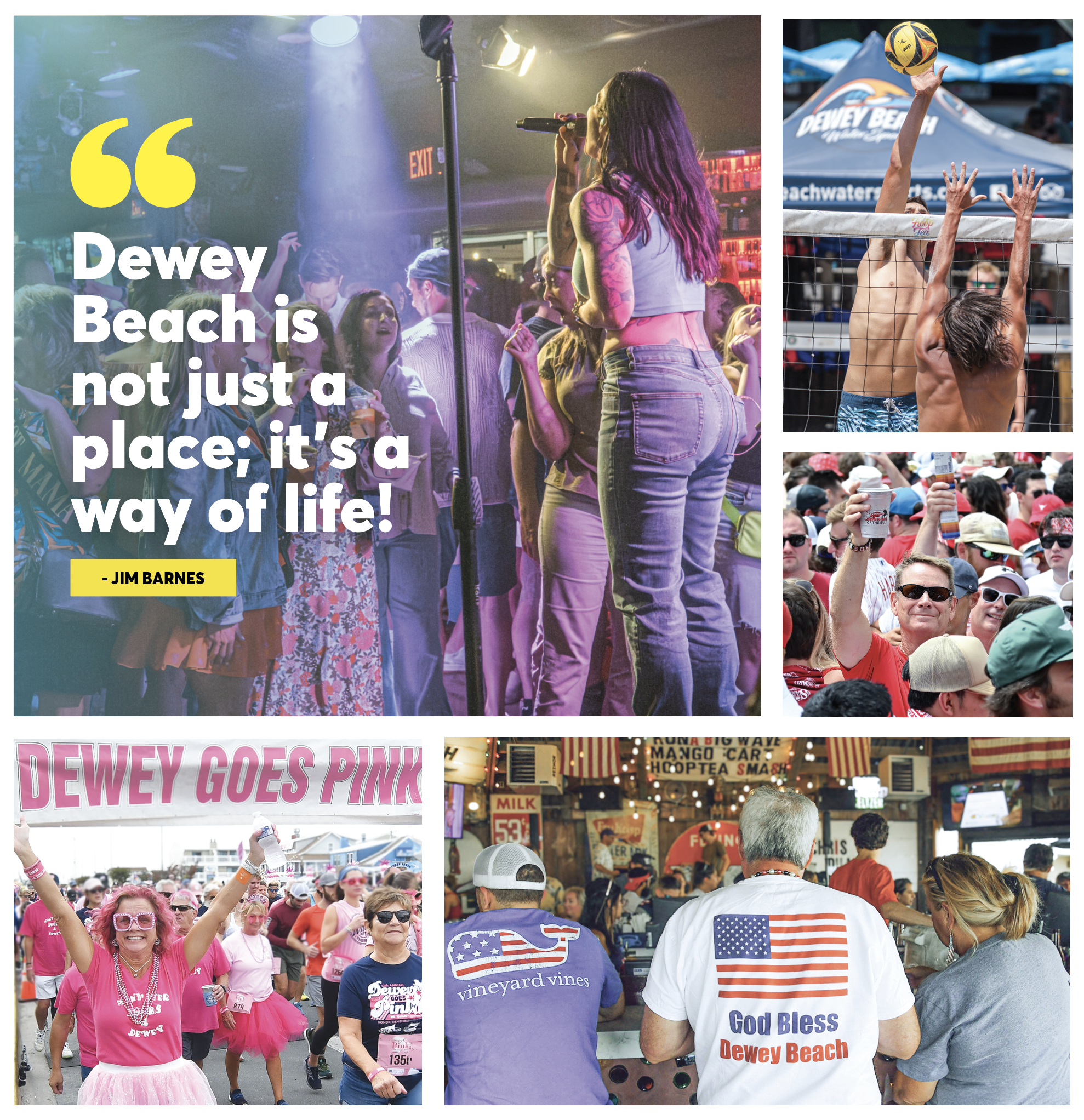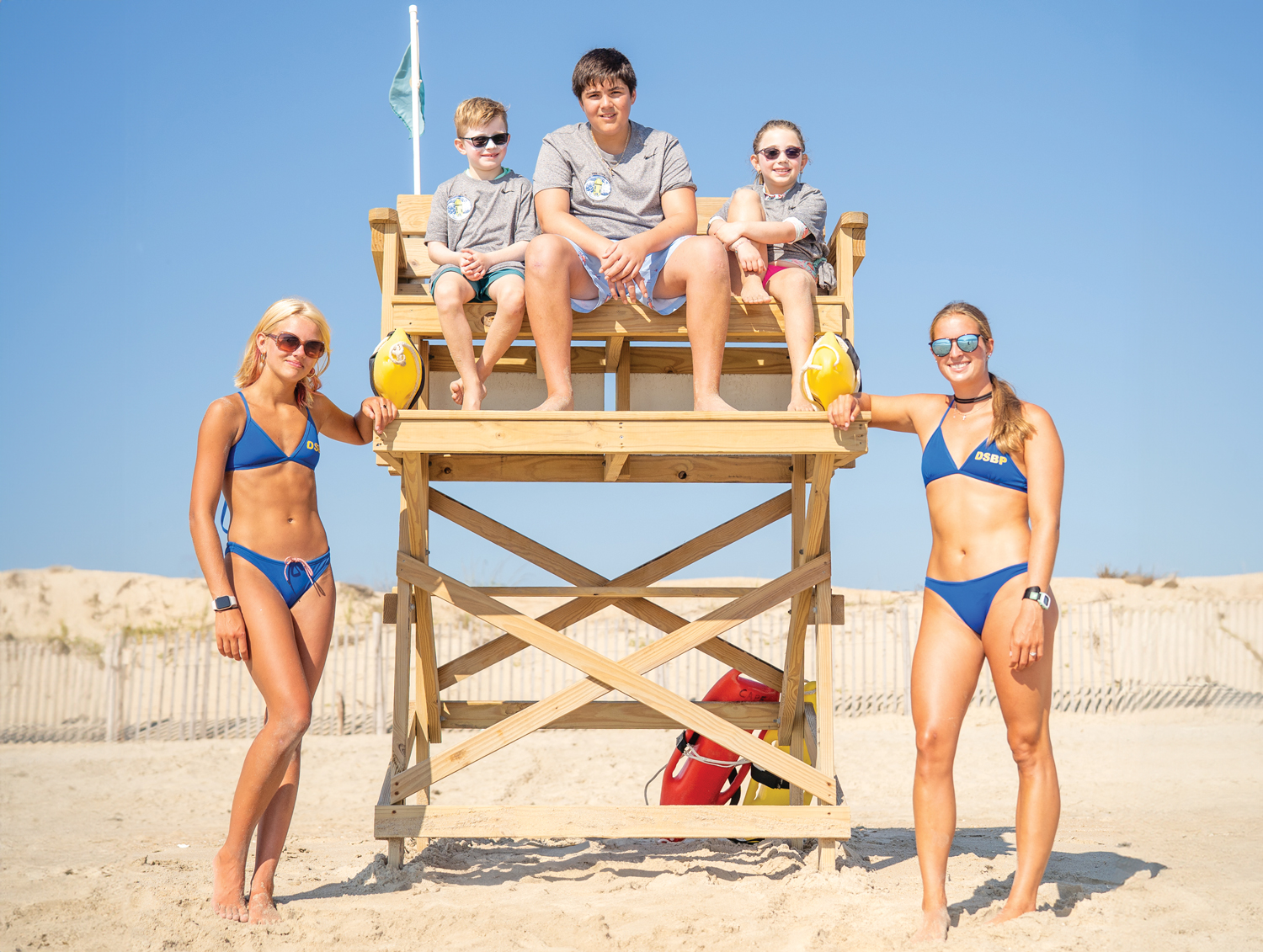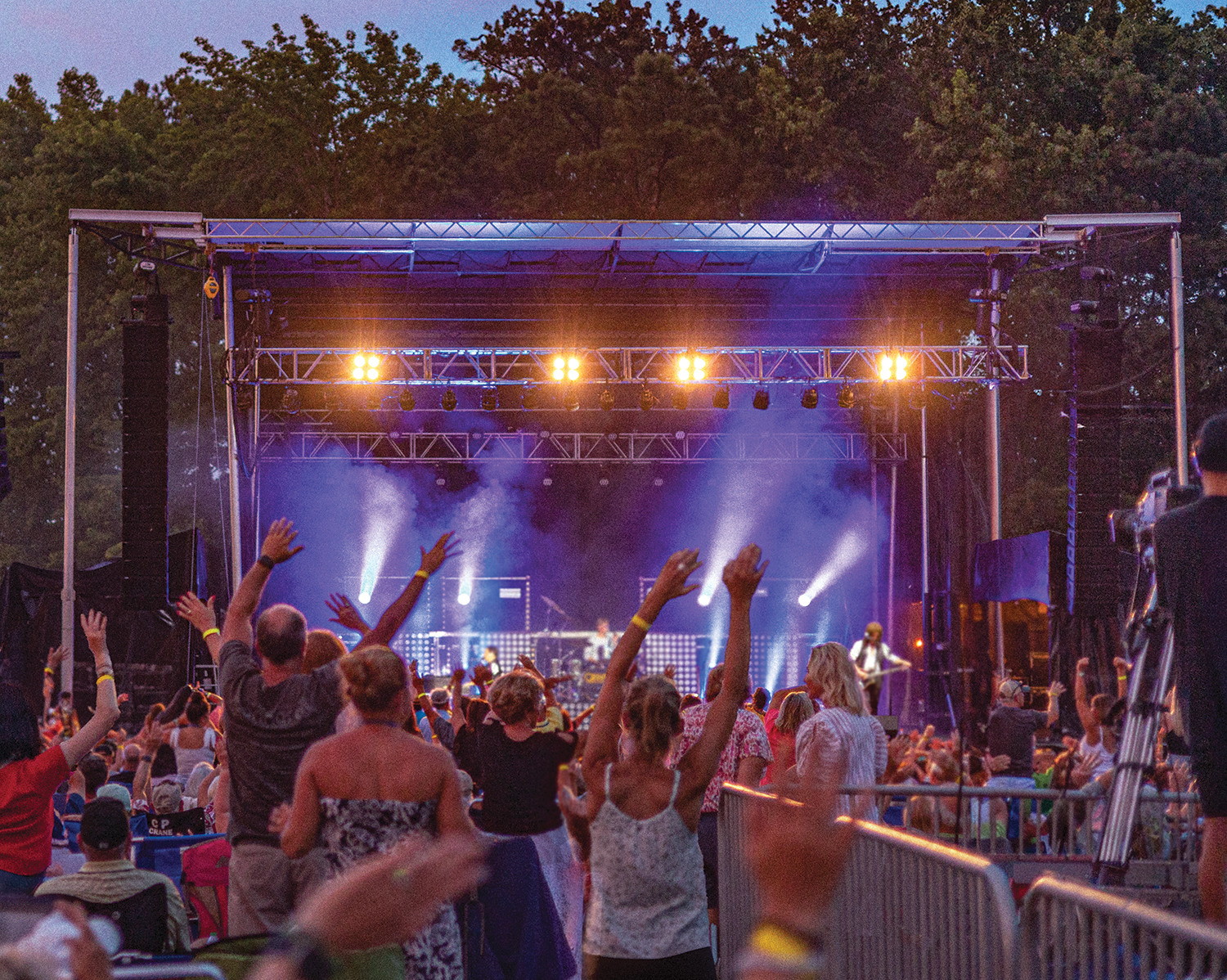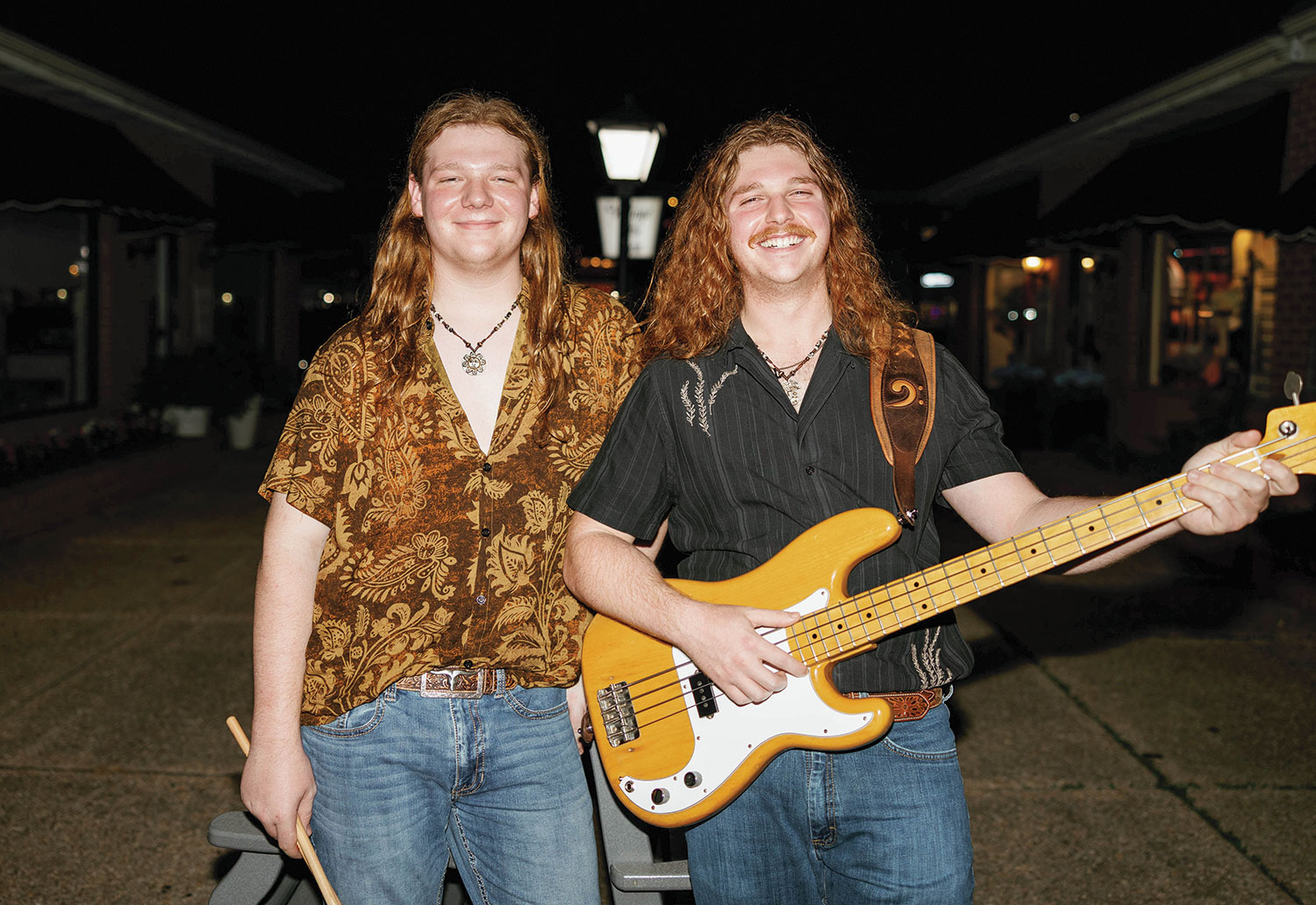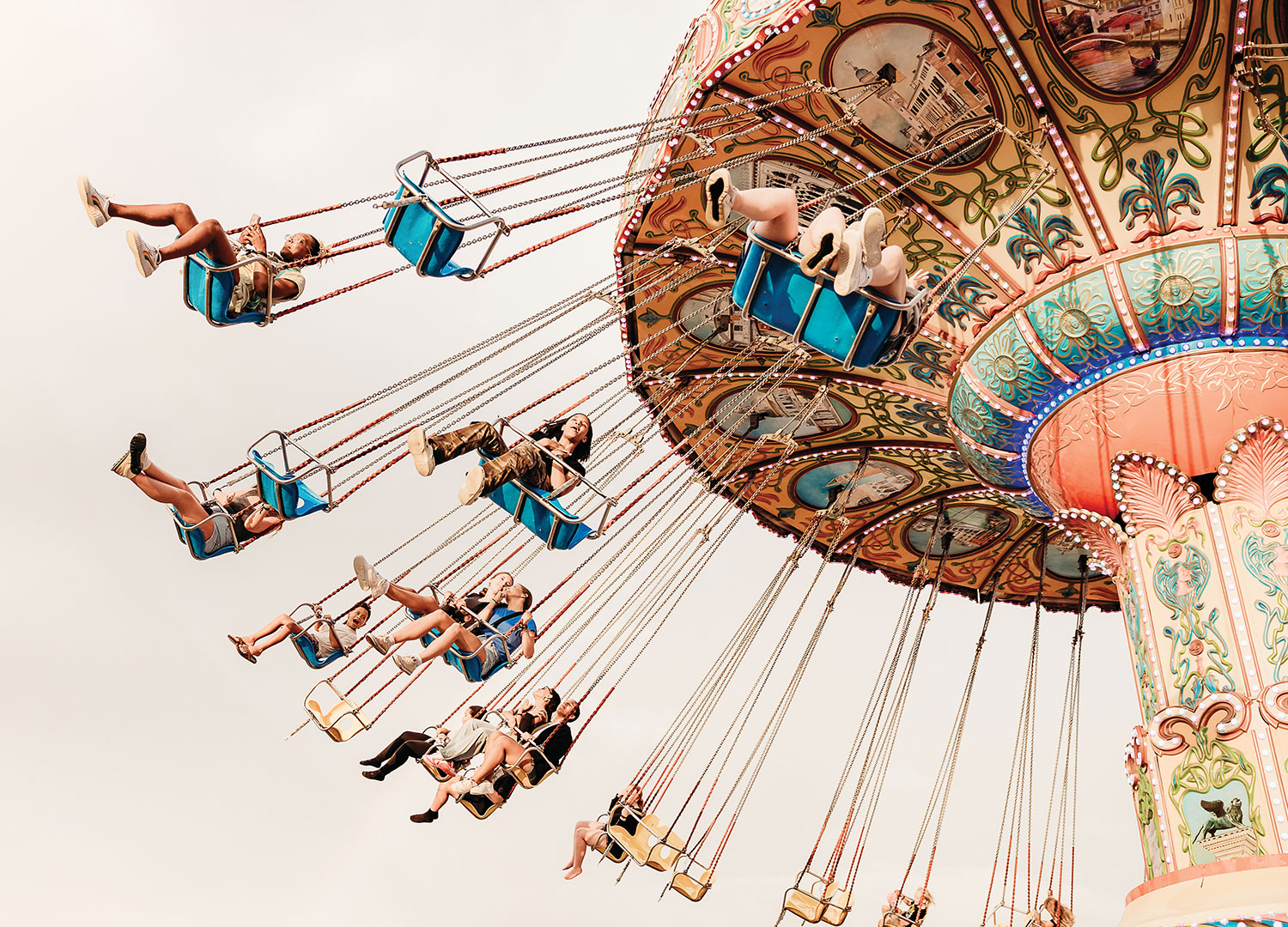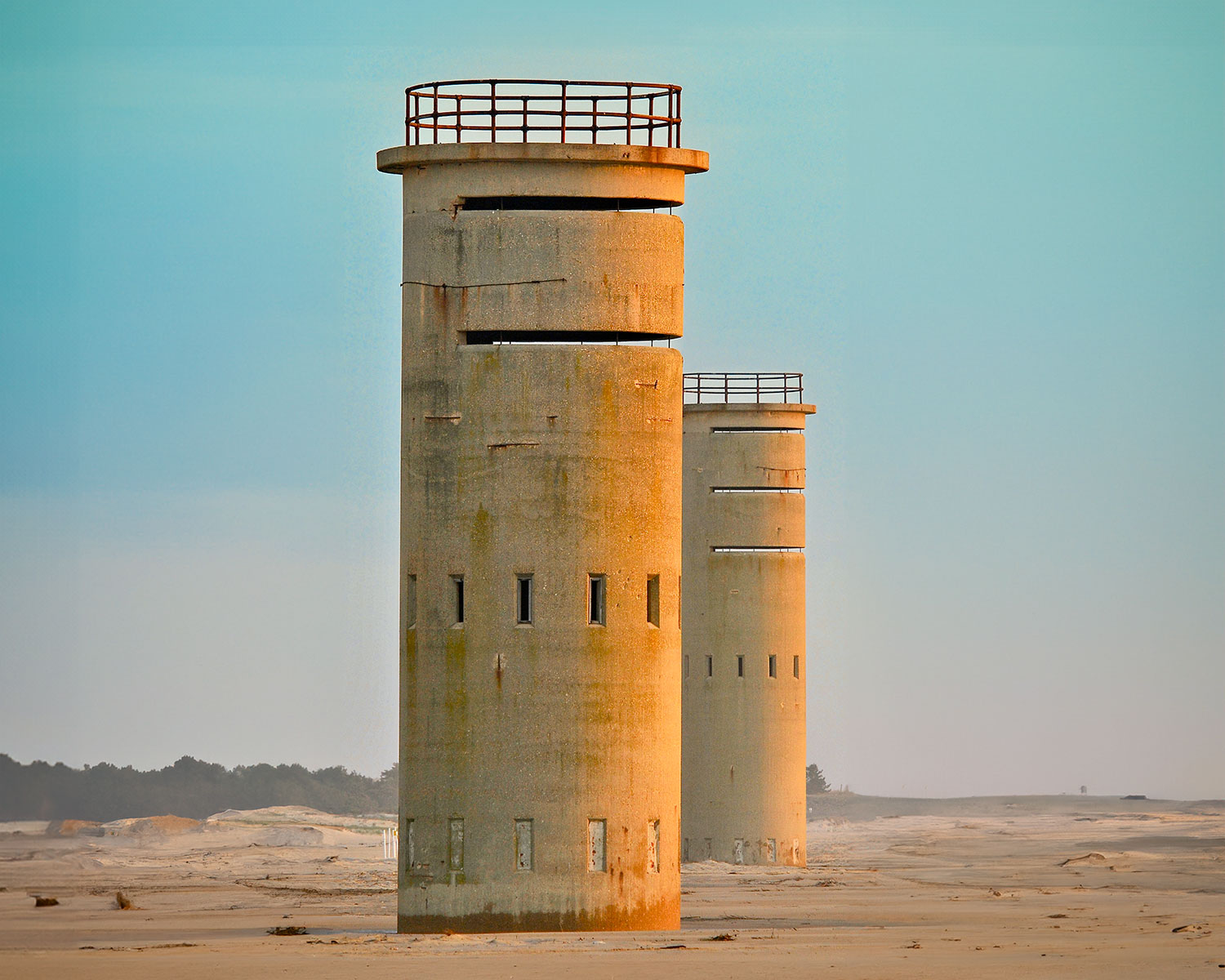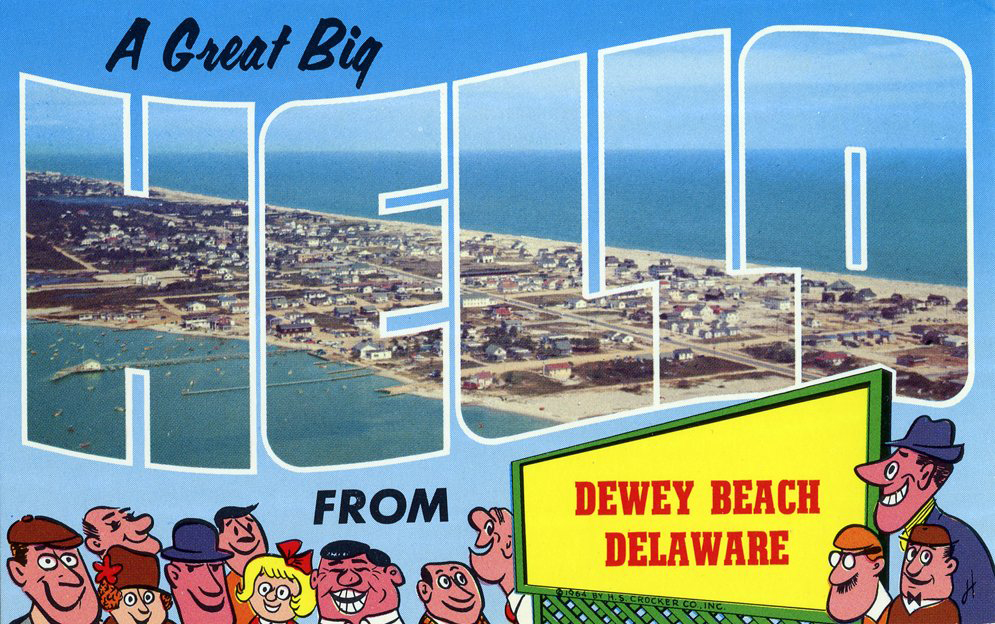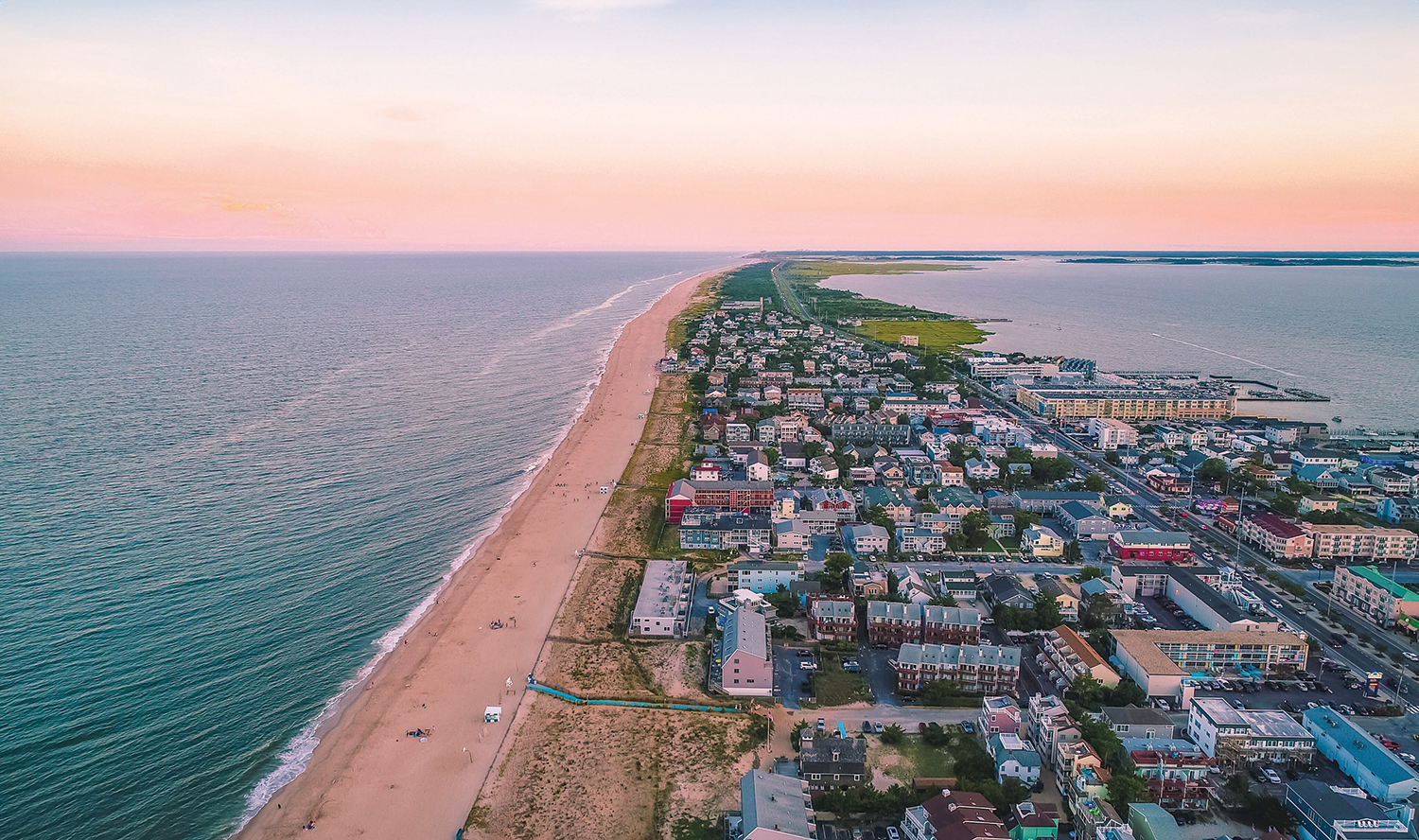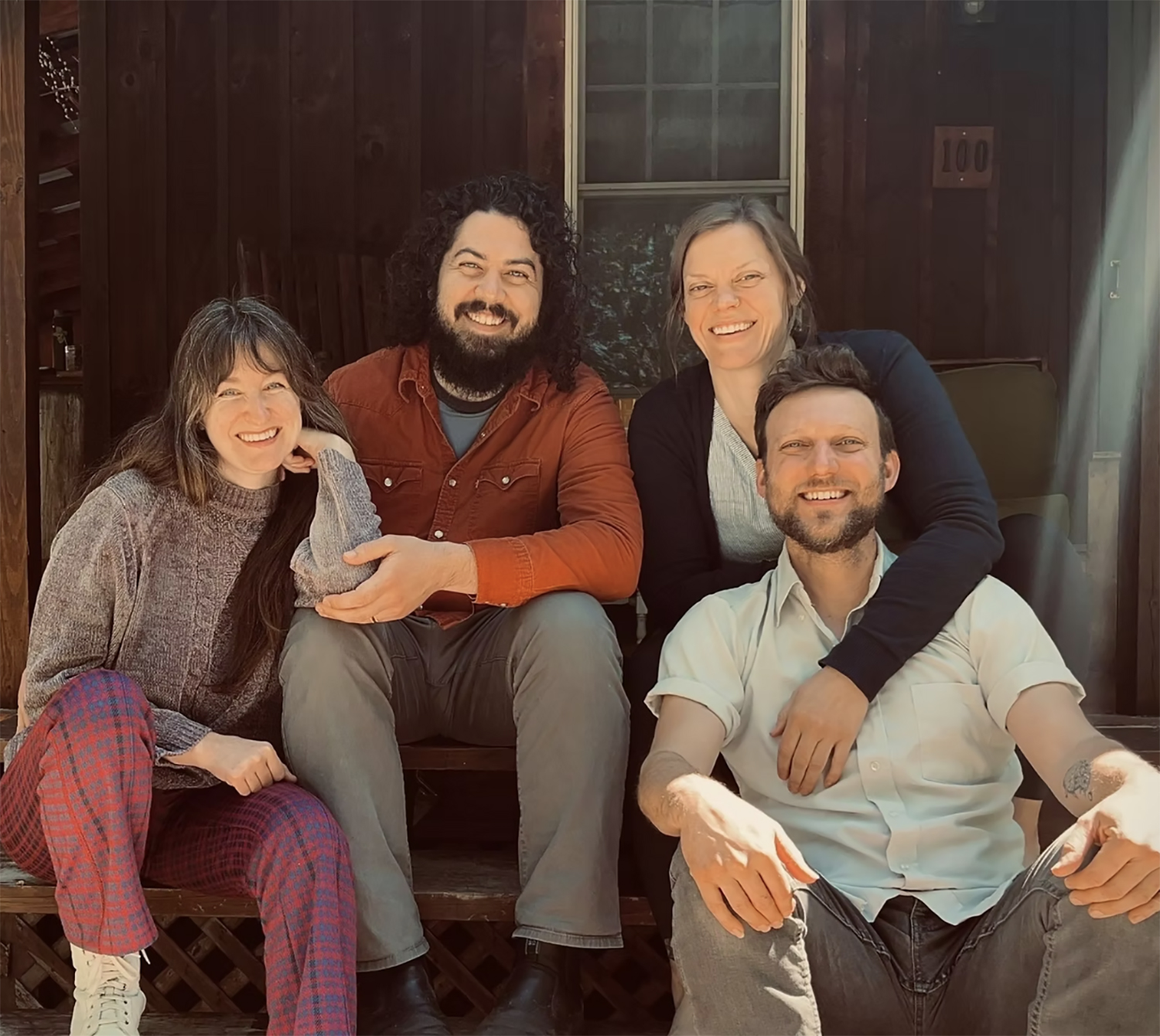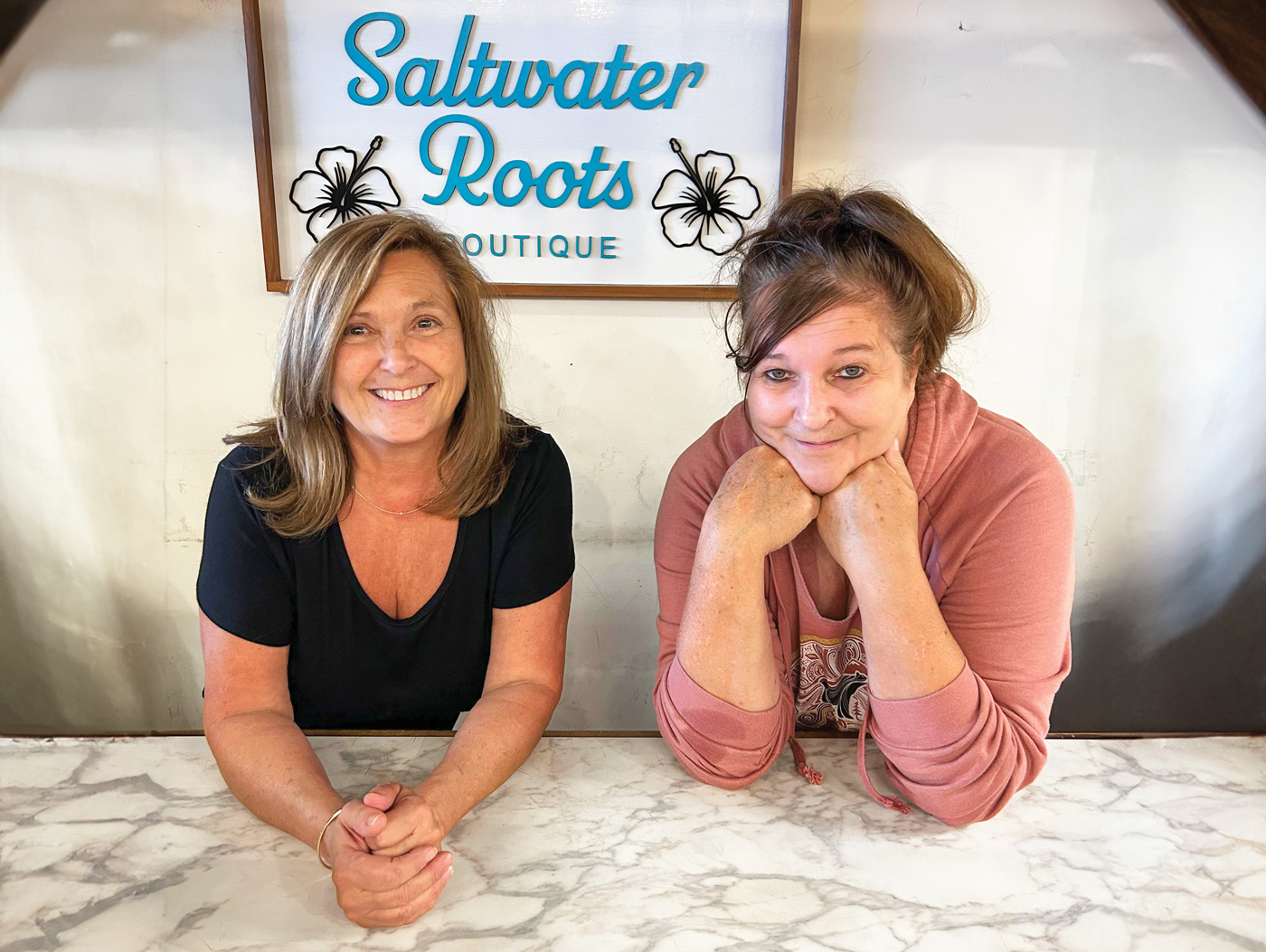You can vacation at any beach town or city on the planet and find some kind of music to provide the soundtrack. But Delaware’s beaches have a long history of producing local musicians who turn out to be lifers – and some who have made their mark nationally.
As far as local venues go, no nightclub has as long a backstory as Dewey Beach’s Bottle & Cork. Live music has been a fixture there since it opened in 1937. (The building has an even longer history, as it was originally called Jack’s Place.)
Lewes native Ed Shockley remembers when his parents would go to the Cork when he was a youngster in the 1950s and ’60s. “It was a whole different scene back then,” Shockley said. “They would get all dressed up to go there. It used to be open during the winter, too.”
While the taproom now has a standing-room-only capacity of 1,200 after multiple expansions, the Cork was smaller and different then. There was a kitchen, a pool table, and tables with chairs. Servers would bring drinks and hamburgers to patrons. It has always changed with the times musically, with the Dixieland and swing sounds of the early decades eventually giving way to rock ’n’ roll.
The young Shockley enjoyed singing and was fond of the drums and the piano. But he didn’t realize the impact music would eventually have on his life and that of his younger brother Michael. As with millions of other Americans, everything changed Feb. 9, 1964, when a quirky British quartet called the Beatles appeared live on “The Ed Sullivan Show” on CBS.
“My parents were out of town and my grandmother was staying with us. I was 12 or 13, so Michael was only two or three. We watched it together,” Shockley recalled. “I loved music, but up until that point singers like Frankie Avalon, Dion, and Elvis Presley all had matinee idol looks. Me? I had freckles and red hair. But once I saw how different the Beatles looked, it made me think that if they could do it, maybe I could do it, too.”
Downtown Rehoboth Beach had many music spots through the 1950s, ’60s, and ’70s, such as the Zen Den, the Surf Club, the Pink Pony, the Riptide, and others. But as with the Cork in Dewey, many young musicians had to wait until they were of legal drinking age before they could perform.
“Being a teen, there were very few places to play, especially in Lewes. You could play the Lewes Yacht Club on a Saturday night, or a private party,” Shockley said.
Rock ’n’ roll continued to grow in popularity. “In ’70 or ’71, The Armory in downtown Dover started doing shows with multiple bands at a time,” Shockley said. “That was the first time I felt the power of this youth movement. It was an economic force and a social force.”
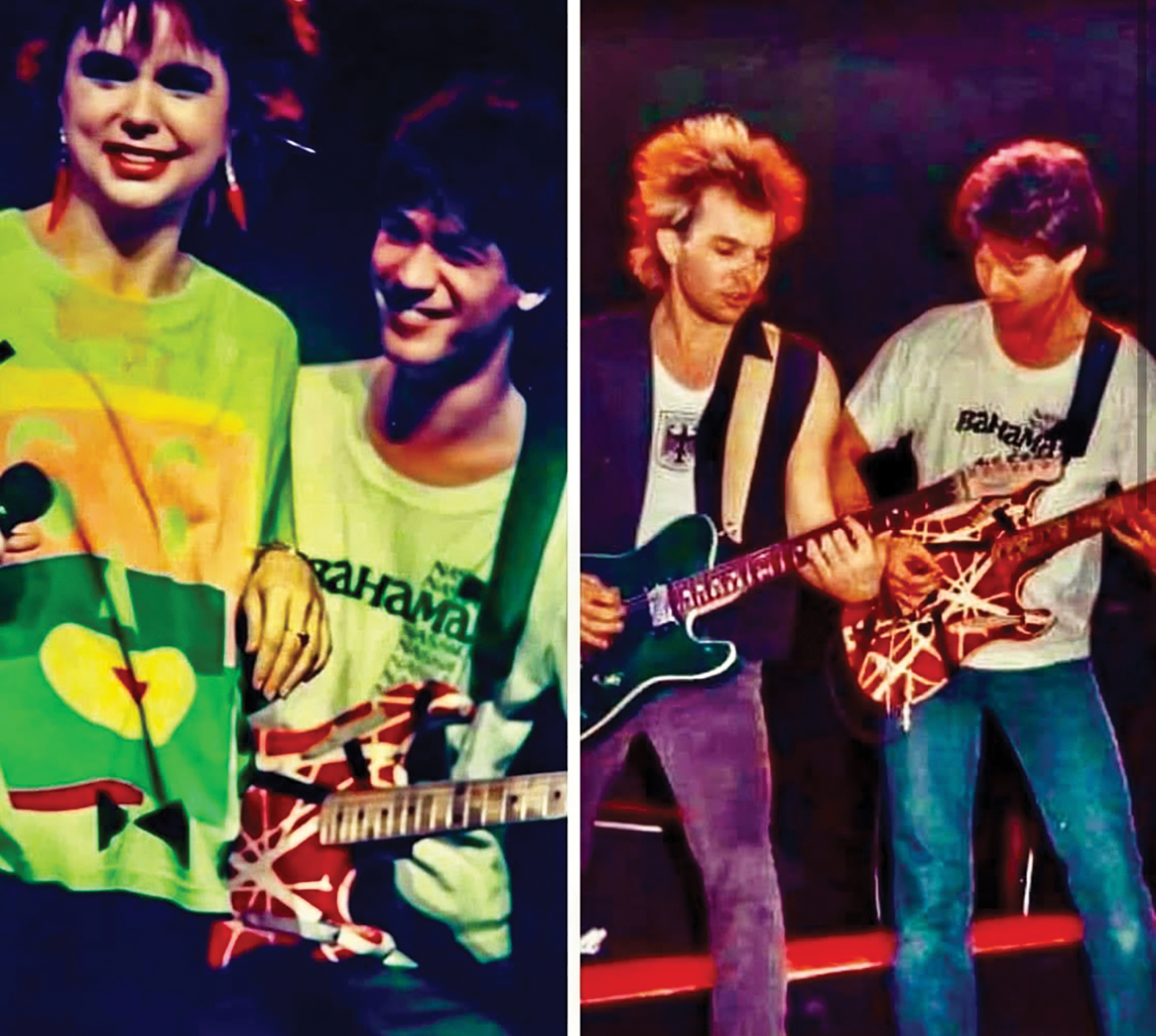
Sussex County musicians who graduated high school and went to the University of Delaware in Newark often ended up bonding with fellow players there who were from their own backyard. “So many of us went to UofD,” Shockley said. “I was meeting all of these musicians from Seaford in the dining hall.”
In the summer of 1973, the Bottle & Cork launched something new called the Saturday Afternoon Jam. Whichever late-night band was booked that week would arrive early and play a preview set from 5 to 6 p.m. Shockley and his band Jack of Diamonds played their first jam “in ’75 or ’76,” he said.
The exposure to summer tourists helped Jack of Diamonds and other bands cultivate followers from Pennsylvania, New Jersey, Maryland, and Washington, D.C. “Jack of Diamonds was popular upstate and downstate, which was something that was kind of a rarity up until then,” Shockley said.
Jack of Diamonds eventually released an independent album called “Dodge City,” and the cowbell-driven title track (about Lewes) received regional radio play. “The last three years that Jack of Diamonds was together, we played all originals. The original music scene was especially huge in Philadelphia at that time with bands like The Hooters and Robert Hazard & the Heroes.”
The 1980s found several beach musicians trying their luck in New York City. Rehoboth singer-songwriter and pianist Doug James scored a publishing deal that had him penning tunes for dozens of famous performers. His biggest tune, co-written with a young Michael Bolton, is the pop ballad “How Am I Supposed to Live Without You.”
Another Rehoboth musician, rock guitarist Keith Mack, had played in the local group Eighth Day and was hoping to make music a career post-college. “Doug called me and told me I could come sleep on his couch while I looked for my own apartment,” Mack said.
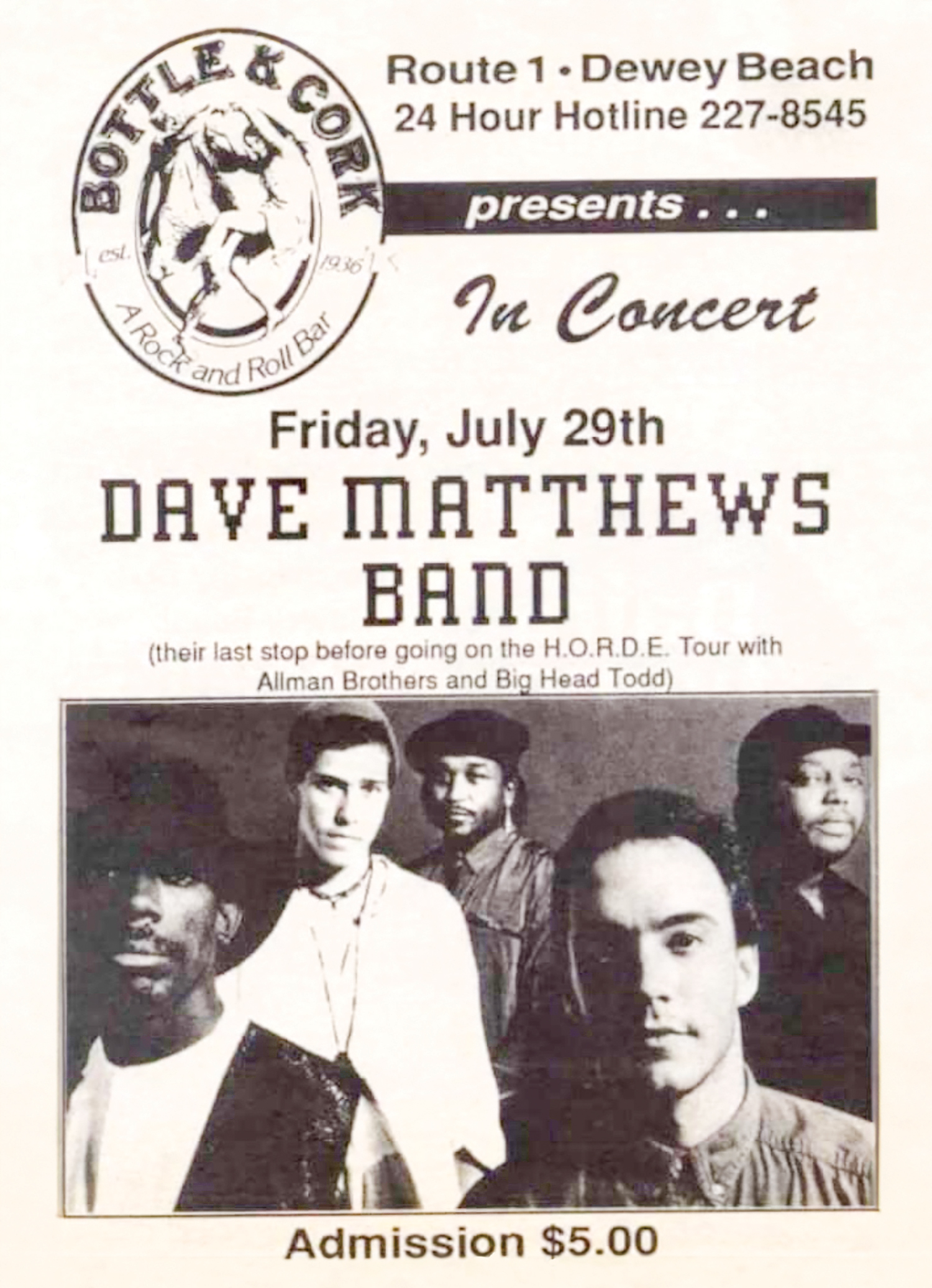
While most musicians struggle for years, Mack hit the Big Apple jackpot almost immediately. Soon after arriving, he attended a party with keyboardist Benji King from a new recording act called Scandal, led by powerhouse vocalist Patty Smyth. Mack soon joined the group.
“I got so lucky, it’s crazy,” Mack said. “I had literally just graduated from the University of Delaware in June 1981, and then I attended that party in September 1981.” Scandal had back-to-back hit albums thanks to radio singles with MTV videos such as “Goodbye to You” and “The Warrior.” The band also struck up a high-profile friendship with Eddie Van Halen, who jammed with them at several shows and even gifted Mack with a guitar.
Mack encouraged his old friend Ed Shockley to move to New York as well. “Keith called me and said, ‘Ed, you should come up,’” Shockley said. “There were so many singer-songwriters in New York that I would be in five different projects at any given time.” (There were also jam sessions with Stevie Wonder, Joey Ramone, and comedian Sam Kinison.)
Michael Shockley also moved to New York and scored a record deal playing drums with Sweet Lizard Illtet, which blended elements of the Beastie Boys, the Red Hot Chili Peppers, and Rage Against the Machine. At one point, Mack and both Shockley brothers recorded together under the name Cries.
Mack’s guitar résumé through the decades has been impressive. He has toured with Cyndi Lauper, Paul Young, and the late Joe Cocker – including a performance in Berlin, Germany, Nov. 9, 1989, as the wall fell. One of Mack’s biggest musical memories from his youth was seeing B.B. King in Ocean City, Md., in the early 1970s. “Greg (my brother) had just gotten his driver’s license, and I was 14 years old,” Mack recalled. “B.B. asked if there were any guitarists in the audience and I raised my hand. The next thing I knew, he called me up on stage and handed me one of his guitar picks. It was great.”
To blow off steam in New York in the ’80s, Mack and Shockley enjoyed playing in a friend’s project called The Funsters, jamming on classic R&B and rock cover tunes with no rehearsals. They brought the concept to the beach, playing hometown haunts like the Rose & Crown in Lewes. “We had three drummers who would take turns playing,” Shockley said. “Most of the Eighth Day and Jack of Diamonds members would play.”
By the early 1990s, downtown Rehoboth had developed an eclectic, artsy vibe with younger music fans barhopping between venues like The Front Page, Sir Guy’s, Arena’s, Sydney’s Blues & Jazz, and Dogfish Head Brewings & Eats.
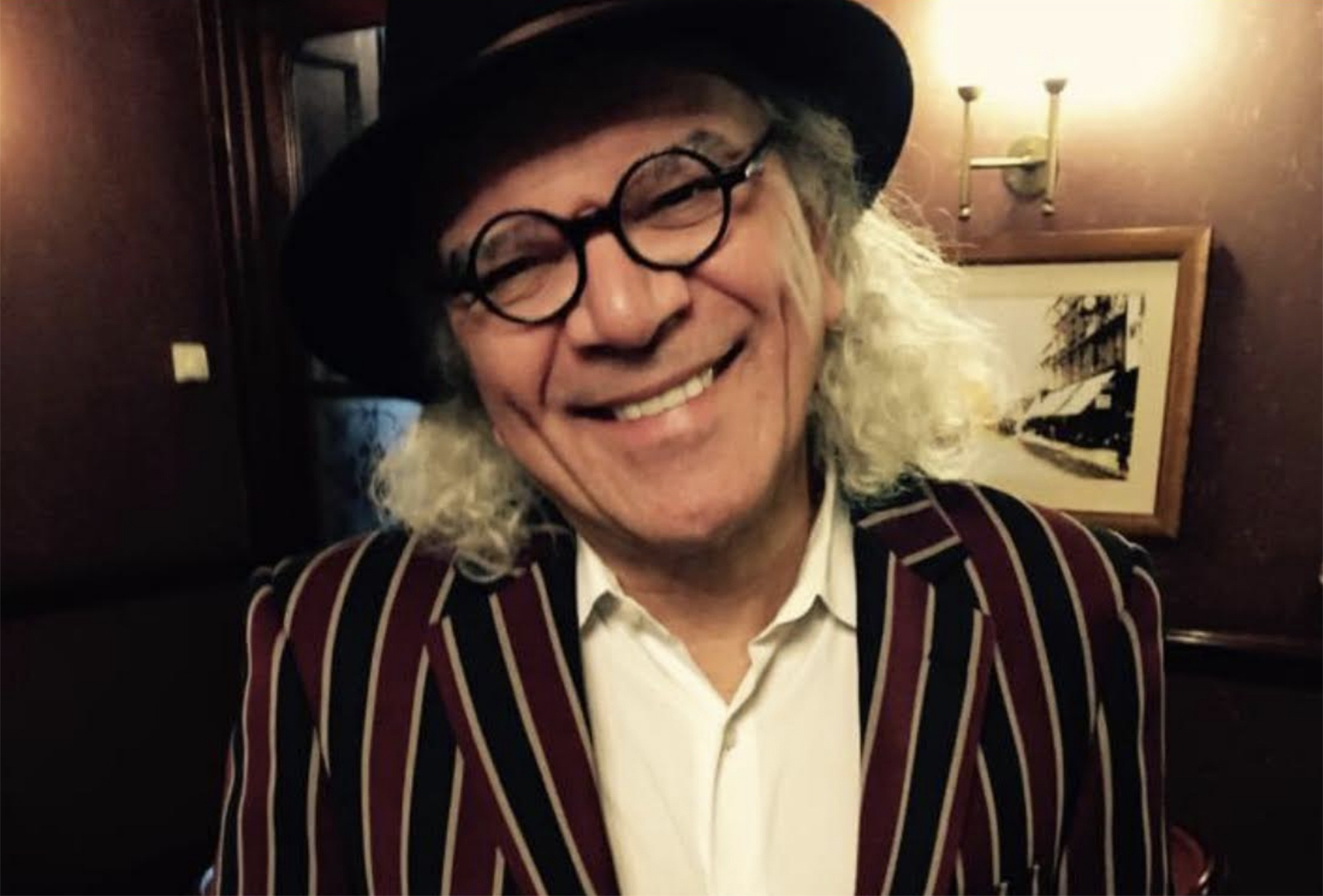
In Dewey, the Bottle & Cork changed hands in 1989 when Alex Pires and Highway One Ltd. bought it for $2.3 million. They began booking dozens of national acts, including Dave Matthews Band, Goo Goo Dolls, Train, and Hootie & the Blowfish before they hit it big. The roster has also included Rock & Roll Hall of Famers like Blondie, George Clinton & Parliament Funkadelic, The Zombies, and Cheap Trick.
The Cork’s national acts usually play on weeknights, with weekends reserved for regional party bands. “When people are visiting Dewey in the summer, it’s a tradition to visit three places: The Starboard, the Rudder deck, and the Cork,” Pires said. “They’re reliable. People like structure and repetition. It’s subconscious, going back to kindergarten or first grade when it was time for cookies or milk.”
A local group synonymous with Dewey is Love Seed Mama Jump, which marked its 34th anniversary last month with a show on the Rudder’s deck. The band still plays every Thursday at 9 p.m. with free admission. Pires said 2024 saw record crowds for their shows, likely to be matched this year.
Another long-running act is Rehoboth’s Lower Case Blues, celebrating its 21st anniversary. Though formed in New Castle County, the band found a better reception at the beach and moved there in 2004.
Today, younger performers like the Fitzkee Brothers are carrying the torch, while veterans such as Mack, Ed Shockley, and Michael Shockley remain active – often still playing together in The Funsters.
“All of these retirees who are our age love to hear the songs they grew up with,” Ed Shockley said. “People still love The Funsters, and no one is more surprised than us.”

